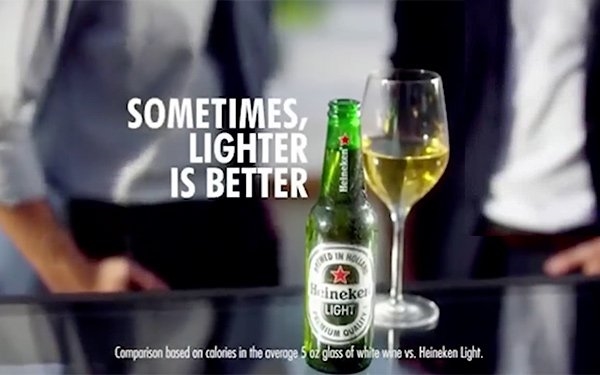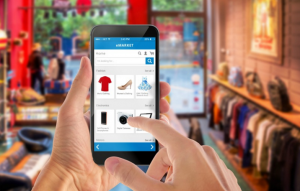Consumers Lose Loyalty When Brands Make Mistakes

Some 55% of consumers participating in a survey released Monday said they give brands only one chance for a mistake before moving on. Millennials are the most unforgiving, with 40% more unwilling to forgive. Once brands have earned the respect of a millennial they become much more patient, with 26% reporting they are willing to forgive an error, compared to 20% who do not have a preexisting relationship.
The findings are from Blis, which specializes in mobile location and behavioral advertising. The survey — conducted on the AYTM platform between February 21 and 22, 2018, targeting about 2,000 consumers over the age of 18 in the U.S. — shows that consumers with the highest household income are more likely to ditch a brand.
Some 36% of consumers surveyed with a household income under $25,000 are willing to give brands multiple chances, whereas 54% of consumers who earn between $75,000 and $200,000 are less willing to forgive.
And while consumers typically hunt for bargains, the higher the regard for the brand, the more they are willing to pay for the product. About 50% of consumers surveyed would pay up to 5% more for a similar product from a brand they saw as higher-end. Only 6% would pay more than 10% for a similar product they like, and 22% would pay up to 10% more. About 22% said they always choose the least expensive product, regardless of the brand.
While 71% of the surveyed consumers claim to make decisions and engage with brands on the basis of price, promotion and product, consumers tend to look more favorably on brands and allow for more mistakes when they see them. About 20% report being turned off by shady business practices. Good behavior doesn’t necessarily translate into the brand taking a “vocal stand” on societal or political issues. The majority — 60% of consumers — reported little tolerance for brands that focus on political content regardless of how highly they value the morals coming from employees behind the brand.
About 66% of women responding to the survey are more likely to take their dollars elsewhere if a brand makes mistakes, compared with 59% of men.
When asked what turns off consumers from brands, survey participants cited products that underperform, shady business practices, bad or unresponsive customer service, content or ads that feels intrusive, unrewarded loyalty, and over-communication.
Interestingly, consumers spend between $0 and $50 for impulse purchases per week, from discovery to purchase. Despite the fact that most consumer research the product before the transaction, 33% of the respondents said they would switch to another product that appears to be of similar quality but is less expensive. And 28% of respondents claim they would switch if they know that the product will save them money in the long run.
With the average consumer spending $226 a week on discretionary purchases, this presents a significant opportunity for brands to attract short-term ‘wins’ by engaging at the right time and right place with relevant and compelling messaging. While this is a common practice in the digital world and old retail playbook, brands might not realize how long a window they have to influence the customer. The new consumer can be influenced until the transaction is made.
And if they love the brand, 65% said they would share their personal information to get savings or find out about new products demonstrating that, though they do know the value, the convenience is more important.
(42)
Report Post






